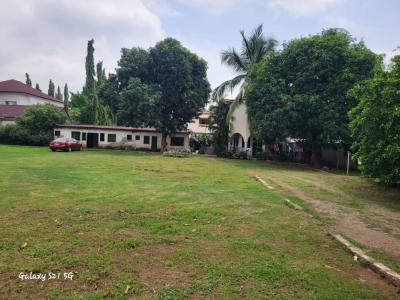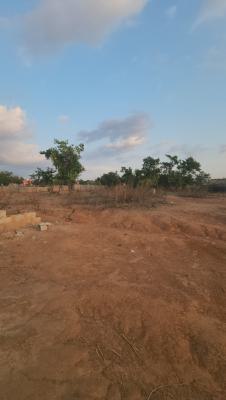Residential Land for Sale in Dakibiyu, Abuja
16
Residential land for sale
Dakibiyu Very Close To Wuye ,fct Abuja Nigerian, Dakibiyu, Abuja ₦400,000,000What is the average price of residential land for sale in Dakibiyu, Abuja?
The average price of residential land for sale in Dakibiyu, Abuja is ₦280,000,000.
What is the price of the most expensive residential land for sale in Dakibiyu, Abuja?
The price of the most expensive residential land for sale in Dakibiyu, Abuja is ₦1,200,000,000.
What is the price of the cheapest residential land for sale in Dakibiyu, Abuja?
The price of the cheapest residential land for sale in Dakibiyu, Abuja is ₦220,000,000.
How many residential land for sale in Dakibiyu, Abuja are available?
There are 16 available residential land for sale in Dakibiyu, Abuja.
You can view and filter the list of property by price, furnishing and recency.
















